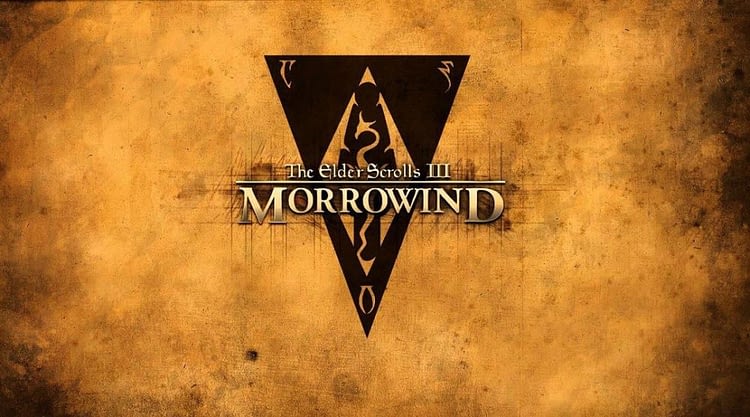
Certain users of a social network service seek to minimize their so-called
signal-to-noise ratio within the service.
In particular, this aspect seems to be particularly noticeable for Haskellites and other computer scientists, mathematicians, and programmers.
According to the related Wikipedia article,
"Signal-to-noise ratio (abbreviated SNR or S/N) is a measure used in science and engineering that compares the level of a desired signal to the level of background noise. SNR is defined as the ratio of signal power to the noise power, often expressed in decibels. A ratio higher than 1:1 (greater than 0 dB) indicates more signal than noise.
"While SNR is commonly quoted for electrical signals, it can be applied to any form of signal, for example
isotope levels in an
ice core,
biochemical signaling between cells, or
financial trading signals. Signal-to-noise ratio is sometimes used metaphorically to refer to the ratio of useful
information to false or irrelevant data in a conversation or exchange. For example, in
online discussion forums and other online communities,
off-topic posts and
spam are regarded as 'noise' that interferes with the 'signal' of appropriate discussion."
Initially, I had wanted to migrate my Google+ "Haskell: The Haskell-Beginners Community" to Dreamwidth; however, the lack of functionality for categories in communities here caused me to migrate that group to PASHpost, instead.
However, upon inspection, I just discovered that although PASHpost supports categories, apparently, unlike Dreamwidth, it does not provide functionality for preventing posts and membership in a community from appearing in my main circle.
In certain situations, this aspect could post a problem.
Specifically, many Haskellites are not interested in online interactive digital entertainment (i.e., MMORPGs). For example, once, when I recommended a certain such title to one Haskellite who had professed an interest in "games," he replied, "I don't want to play with people I don't know," and subsequently ignored all further communication from me.
Although I also do not enjoy playing in a group (i.e., a so-called "party") with other players, I do occasionally enjoy exchanging hints for solo-play with other players. Therefore, I do occasionally solo-play certain online titles that have solo content that I find interesting.
In order to avoid similar treatment from other Haskellites, I try to prevent Haskellite followers who follow me on the basis of my being a founder of a Haskell-related community from seeing my posts on online interactive digital entertainment. This aspect requires preventing my posts in communities related to that topic from appearing in my main circle.
Unfortunately, this functionality seems to be missing from PASHpost; however, functionality for creating categories within a community is missing from Dreamwidth.
This situation creates the problem of being unable to create a community on either Dreamwidth or PASHpost related to online interactive digital entertainment in which I can do the following:
1) Create categories within the community, and
2) Prevent my membership and posts in that community from appearing in my main circle.
Creating such a community on Dreamwidth would not allow me to create categories within that community; creating such a community on PASHpost would not allow me to prevent my membership and posts in the community from appearing in my main circle, thus potentially opening my profile to being banned or ignored by other Haskellites as "signal noise."
As someone who is not interested in either Facebook or MeWe, and who has investigated many other alternative social network services, I am uncertain as to how to proceed in dealing with this issue.
The average Haskellite wishes to maximize his/her signal-to-noise ratio. To the average Haskellite, posts unrelated to Haskell, computer science, or mathematics count as "signal noise" to be filtered out....





 Apparently, in celebration of the 25th Anniversary of The Elder Scrolls franchise, Bethesda Softworks is temporarily giving away The Elder Scrolls III: Morrowind, free of charge, to anyone with a Bethesda account who enters the Redemption Code in time (i.e., today).
Apparently, in celebration of the 25th Anniversary of The Elder Scrolls franchise, Bethesda Softworks is temporarily giving away The Elder Scrolls III: Morrowind, free of charge, to anyone with a Bethesda account who enters the Redemption Code in time (i.e., today). Denpa Kyōshi (Denpa is Japanese slang for "crazy" or "insane" in the sense of "extremely unorthodox" or "similar to an otaku") (Ultimate Otaku Teacher in English) is a 2011 Japanese manga (later released as anime), by Takeshi Azuma, about a genius-otaku-turned-teacher, Junichiro Kagami, who is simultaneously both gifted at physics and obsessed with otaku subculture.
Denpa Kyōshi (Denpa is Japanese slang for "crazy" or "insane" in the sense of "extremely unorthodox" or "similar to an otaku") (Ultimate Otaku Teacher in English) is a 2011 Japanese manga (later released as anime), by Takeshi Azuma, about a genius-otaku-turned-teacher, Junichiro Kagami, who is simultaneously both gifted at physics and obsessed with otaku subculture. According to the related Wikipedia article, high fantasy differs from low fantasy in being set in a fictional world with rules that differ from those of the real world.
According to the related Wikipedia article, high fantasy differs from low fantasy in being set in a fictional world with rules that differ from those of the real world.


